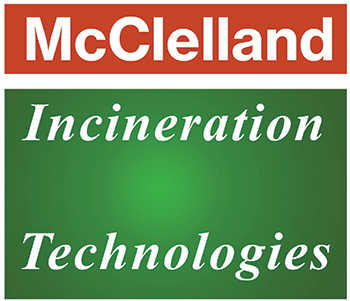
Advanced technologies are transforming waste incineration into a cleaner, more efficient process, making it an essential part of sustainable waste management. Here’s how:
- Enhanced Emission Control: Modern incinerators are equipped with advanced filtration systems, like electrostatic precipitators and scrubbers, which significantly reduce harmful emissions, including dioxins, heavy metals, and particulate matter, protecting air quality.
- Improved Energy Recovery: High-efficiency boilers and advanced turbine systems allow for greater energy recovery, turning more waste into usable electricity and heat. This maximizes the output from waste-to-energy facilities and supports renewable energy goals.
- Smart Monitoring and AI: Sensors and AI-driven systems continuously monitor combustion conditions, adjusting in real-time to optimize temperature and oxygen levels. This increases fuel efficiency, reduces emissions, and lowers operational costs.
- Automation and Robotics: Automated sorting and feeding systems improve waste processing speed and accuracy, ensuring that non-incinerable materials are removed, and only appropriate waste is burned.
By integrating these technologies, waste incineration becomes a cleaner, more efficient, and more reliable option in modern waste management, with reduced environmental impact and enhanced energy recovery capabilities.
For more information and studying further on incineration or incinerator supplier India or Industrial incinerator supplier India, visit www.mcclellandindia.com. It is located in Mumbai, Maharashtra, India with projects in all states of india – Gujarat, Maharastra etc. and all over the world.






